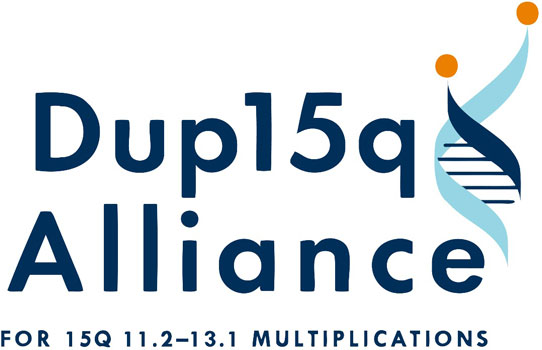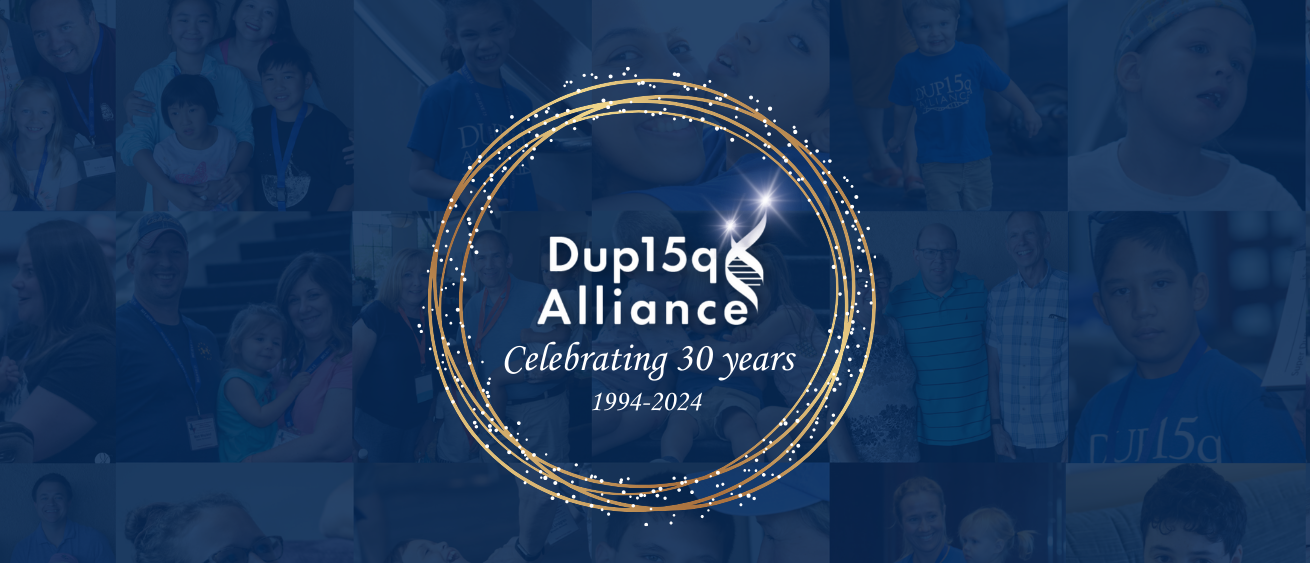LADDER Learning Network
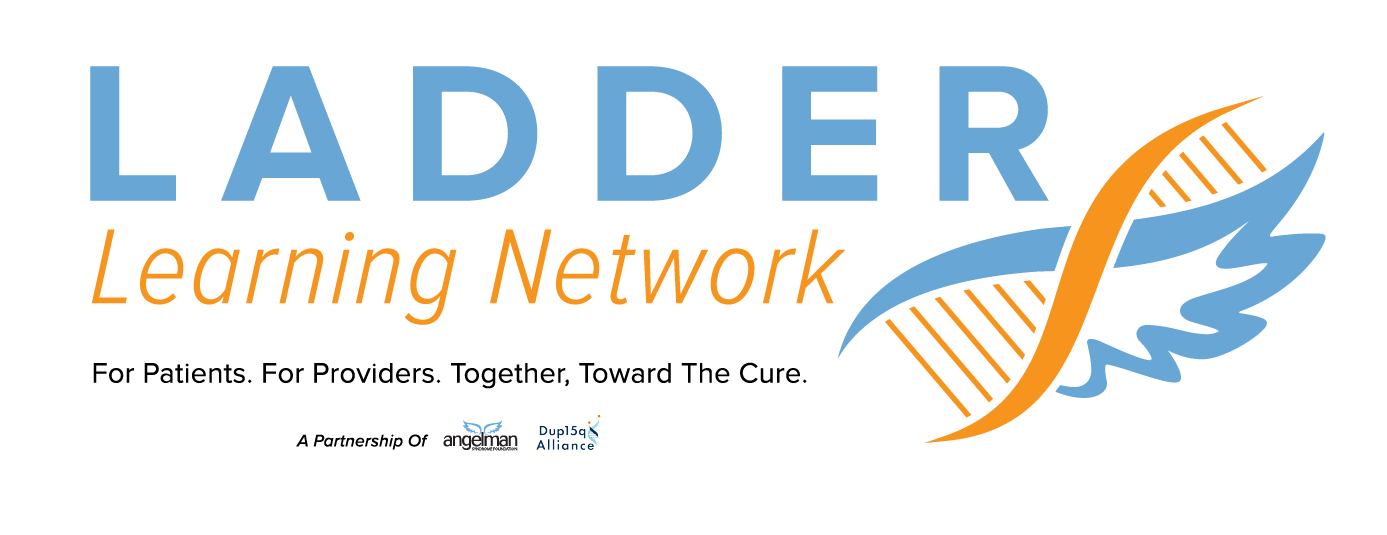
The LADDER Learning Network strives to provide the best possible care to those affected with dup15q syndrome through our Dup15q Clinics while also collecting clinical research data into the LADDER database. Additionally, the LADDER Learning Network is a collaborative group that offers educational conversations between researchers and medical professionals involved in treating those with dup15q syndrome, along with advocacy groups, and biopharma companies. This collaboration allows us to expand our clinical footprint, improve access to care, and bring together a larger group of medical professionals around the world.
There are 4 essential functions of the LADDER Learning Network:
-
Connect Patients to Care
-
Connect Providers to other Providers
-
Clinical Trials
-
LADDER Database
Family-friendly Reports
LADDER shares de-identified information (which means it cannot be traced back to you or your family) from the LADDER database with approved researchers. When research projects using LADDER data result in publications, we share summaries of the research that are written for families to understand.
Research Projects
The following research was conducted with information obtained through LADDER.
Behavioral Characterization of Dup15q Syndrome
Charlotte DiStefano, PhD, Center for Autism Research and Treatment, UCLA
Contact:
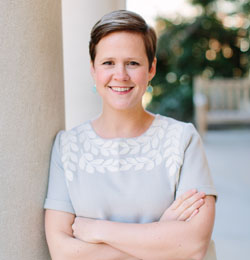
Elizabeth Jalazo, MD
Clinical Network Director
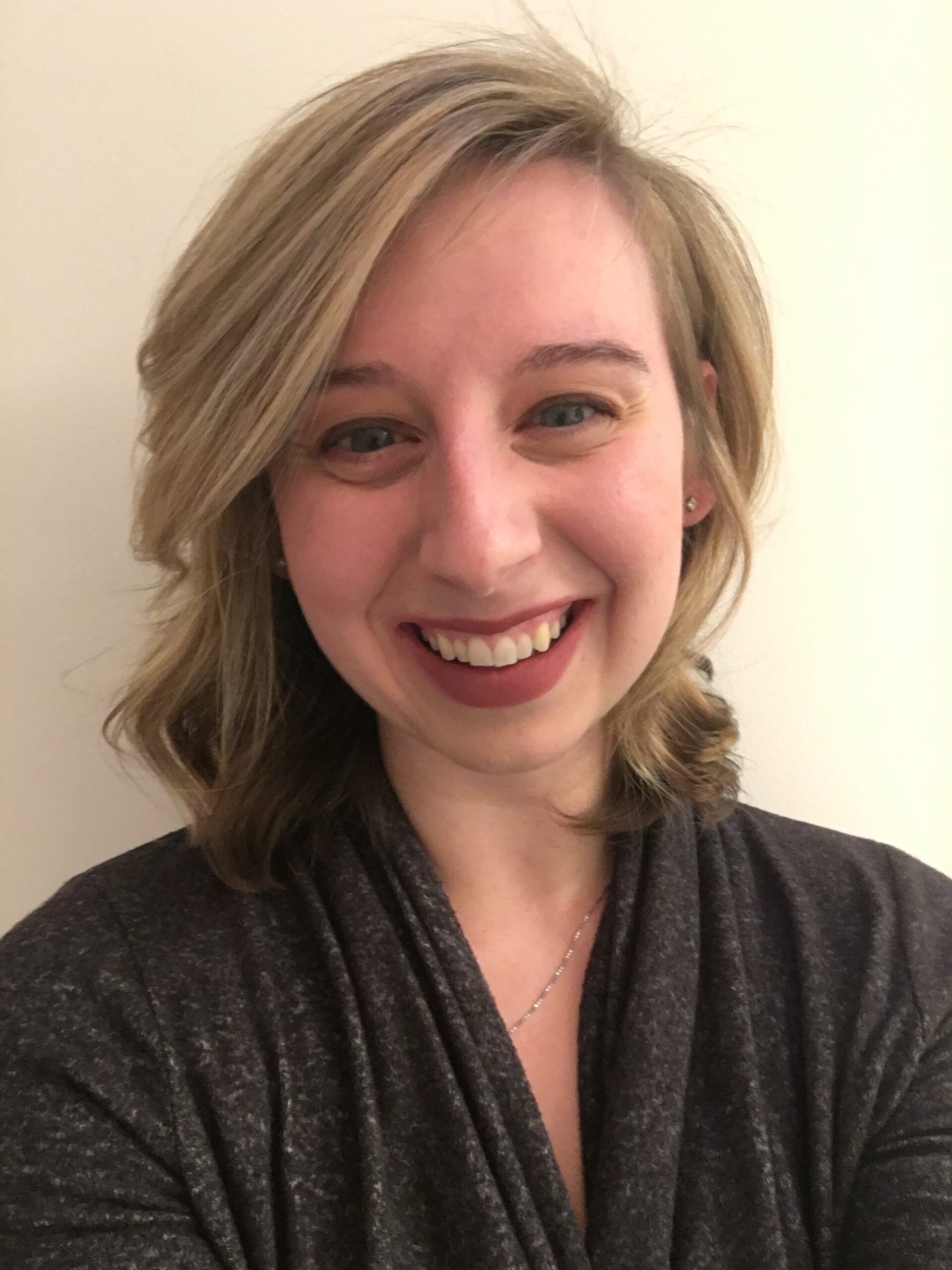
Katie Garbarini, MS, CGC
Director of LADDER Learning Network
FAQs
What is the goal of the Dup15q Clinics?
Dup15q Clinics strive to provide the best possible care to those affected with dup15q syndrome while also collecting clinical research data into the LADDER database.
Who is eligible to visit a Dup15q Clinic?
We believe access to specialized, high-quality health care is essential for individuals with dup15q syndrome to thrive. Therefore, anyone with a dup15q syndrome diagnosis is invited to visit an Dup15q Clinic.
What Issues do Dup15q Clinics treat?
Each Dup15q Clinic is completely comprehensive, yet each has its own unique capabilities. Individuals have access to a variety of professionals all specializing in dup15q syndrome, including but not limited to Clinical Geneticists, Neurologists, Psychiatrists, Psychologists, Speech Language Pathologists, Physical/Occupational Therapists, Genetic Counselors, Social Workers and Nutritionists.
I want to visit an Dup15q Clinic. What are my next steps?
To schedule an appointment:
Review the clinic information on the Dup15q Clinics page, and choose which clinic you would like to attend. Each clinic has specific contact information for its location listed. If you need help selecting which Dup15q Clinic is best for your loved one at this time, or if you need assistance making an appointment, we’re happy to assist you. Please contact us at 15qnetworkcoordinator@dup15q.org.
Does Dup15q Clinics accept Insurance?
Each Dup15q Clinic accepts a variety of insurance plans and policies. When you call to get information about scheduling an appointment, be sure to discuss insurance plans and options.
How should I prepare for my first visit to a Dup15q Clinic?
We know your first visit to a new Dup15q Clinic can be overwhelming. We want you to have the best possible experience and for you to maximize ALL the benefits Dup15q Clinics have to offer. Please review the Dup15q Clinic Checklist for more information on how to properly prepare for your first visit, including what documents you need to have prepared.
I am interested in becoming a Dup15q Clinician. What are my next steps?
Dup15q Clinics welcome any clinician with experience treating Dup15q syndrome to join our network, which is the only comprehensive group of medical professionals in the world specializing in dup15q syndrome. If you’re interested in joining, please contact our Chief Medical Officer Dr. Elizabeth Jalazo.
Linking Angelman & Dup15q Data for Expanded Research Learning Network is a strategic collaboration between Angelman Syndrome Foundation and Dup15q Alliance. While Angelman and dup15q syndromes are different, the same set of medical providers often care for both populations of individuals, as both syndromes affect the q-arm of the 15th chromosome.
